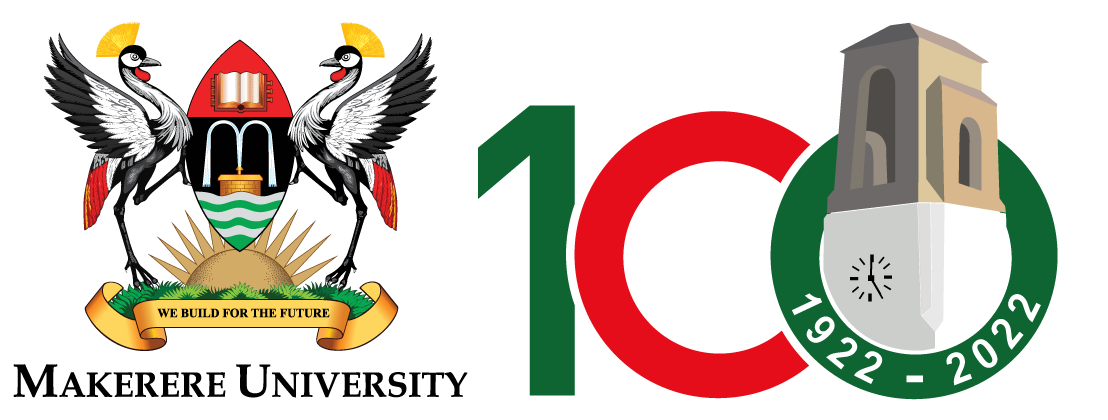Sorghum and Banana are among the most important crops in DR Congo as both are grown for food and income, but most importantly for cultural and social purposes. Several traditional fermented drinks are produced from both sorghum and banana at the household level in DR Congo, especially in the Eastern region. These include local and traditional beverages such as Kasiski, Mutobe, Rugwagwa, etc. Literature on these Congolese drinks is very limited and studies highlighting the technologies and factors involved in their processing are non-existent. Many questions are still unanswered such as (i) what are the different processing methods used by local communities to process these drinks; (ii) what are the key factors affecting the quality and safety of the final products; (iii) does the quality of the final products depend on the sorghum and banana varieties; (iv) is it possible to improve and optimise the processing methods without comprising the quality preferred by actual and potential consumers. Therefore, the objective of this study is to document the processing methods by which these traditional drinks are produced and to provide scientific explanation that can help to improve their quality and ultimately optimize their processing methods.
In this study, a cross-sectional and descriptive study including households’ interviews and FDGs will be conducted in Congolese territories to document the processing technologies and practices involved in the making of banana-sorghum based traditional beverages. Samples of banana-sorghum based traditional beverages from clear cut differences in practices will be subjected to laboratory analyses to isolate and identify the microflora and to profile the physical and chemical characteristics of each sample. Finally, improved banana-sorghum based traditional beverages will be prepared by optimizing the effect of raw materials, microorganism’s combinations and processing conditions.

